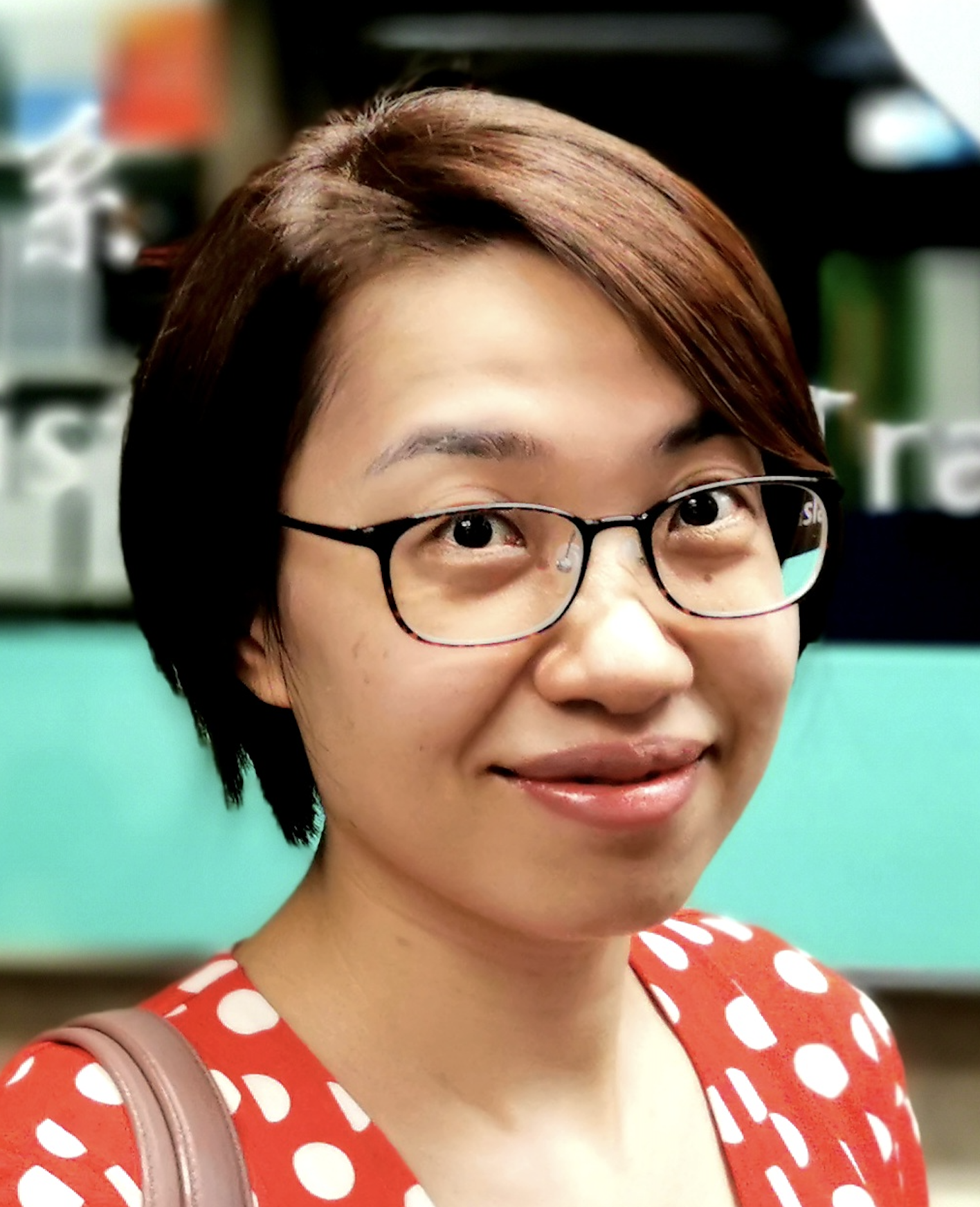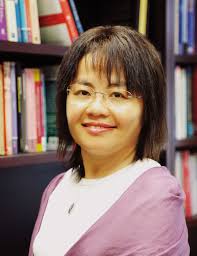
Ziyin Mai
Department of Linguistics and Translation
City University of Hong Kong
ziyinmai@cityu.edu.hk
website

Virginia Yip
Linguistics and Modern Languages
Chinese University of Hong Kong
vcymatthews@cuhk.edu.hk
website

|
Ziyin Mai Department of Linguistics and Translation City University of Hong Kong ziyinmai@cityu.edu.hk website |

|
Virginia Yip Linguistics and Modern Languages Chinese University of Hong Kong vcymatthews@cuhk.edu.hk website |
| Participants: | 1 |
| Type of Study: | naturalistic |
| Location: | Hong Kong |
| Media type: | audio |
| DOI: | doi:10.21415/T5V398 |
In accordance with TalkBank rules, any use of data from this corpus must be accompanied by at least one of the above references.
We would like to express our gratitude to Brian MacWhinney, Director of CHILDES for his expertise, advice and technical support in constructing the Leo Corpus.
Our special thanks go to the research assistants and student helpers who participated in the project in one or more ways: recording the child’s speech data, transcribing the data, tagging and checking the transcripts: Sophia Zishu Yu, Riki Yuqi Wu, Hannah Lam, Joy Jieyu Zhou, Bill Wu, especially Vaness Tsz Yan Law. We gratefully acknowledge the support and help of our lab members: Stephen Matthews, Xiangjun Deng, Gloria Yanhui Zhang, Elaine Lau, Emily Haoyan Ge and Jiangling Zhou.
The research was supported by a CUHK Direct Grant awarded to Ziyin Mai (“Trilingualism in Early Childhood: Production and Comprehension”), and a start-up grant to set up the University of Cambridge-Chinese University of Hong Kong Joint Laboratory for Bilingualism at CUHK, co-directed by Virginia Yip and Boping Yuan.